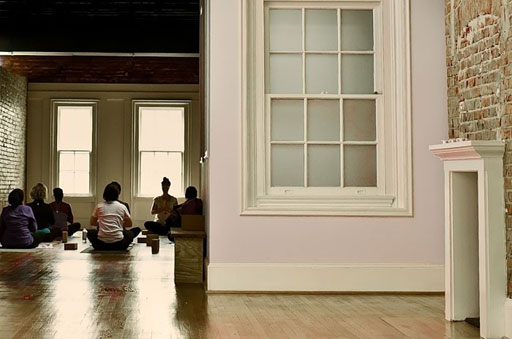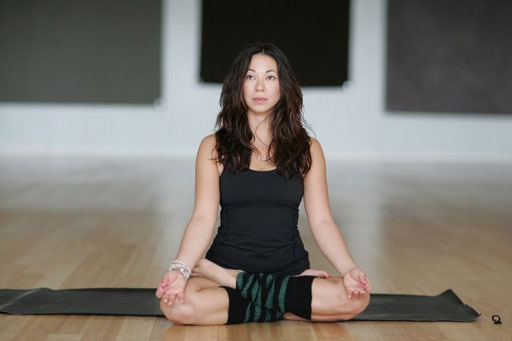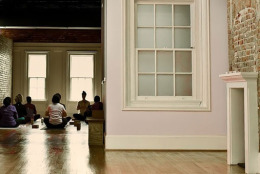





Paula Wolfson, wtop.com
WASHINGTON – Stress can take an incredible toll on the human body. But there are ways to ease the pressure.
Clinical psychologist Gregory Jones has a simple, but effective, prescription: “Get back to the basics. Sleep. Nutrition. Exercise.”
Jones, who is with District Psychotherapy Associates in D.C., says self-help is crucial. Most people under stress eat and sleep poorly and exercise little, he says. Lifestyle changes can make a huge difference.
“Exercise is one of the best ways to manage anxiety,” Jones says.
That’s in large part because chemicals released by the body during exercise counteract the negative substances secreted during stress.
Jones practices what he preaches and uses running to counteract the pressure of his hectic work schedule.
“Running is my way of handling stress,” he says.
“I love to run after I get off work. It helps me feel centered and calm when I get home.”
But while running is his exercise of choice, he acknowledges it isn’t a good fit for everyone. He says any type of physical activity is good, “whether is it walking, biking, elliptical, low impact, no impact.”
Meditation also is an effective way to treat anxiety and stress. So is yoga.
“Yoga is very calming,” says Emma Saal, co-owner of Epic Yoga in D.C.
She says the deep breathing involved is crucial.
“It is disconnecting from the sort of craziness of your day to day, the to-do lists, the e-mails, the traffic,” she says.
Many local yoga studios now offer “de-stress” yoga classes, and Saal suggests beginners should definitely work with a certified teacher before trying yoga poses on their own.
Another good way to cut stress is to step away from your smart-phone and email for a while. A recen t study by researchers at the University of California at Irvine and the U.S. Army found people who lost access to their email for five days were much less stressed than their email reading colleagues.
Gregory Jones is not surprised by the findings.
“Our biology has not caught up to today’s technology and stress,” he says.
If all these lifestyle changes fail to bring relief, that’s a big sign that you need to seek help, says Jones.
“Sometimes we just can’t do it. We need help. And it is OK to reach out.”
Follow WTOP on Twitter.
(Copyright 2012 by WTOP. All Rights Reserved.)







